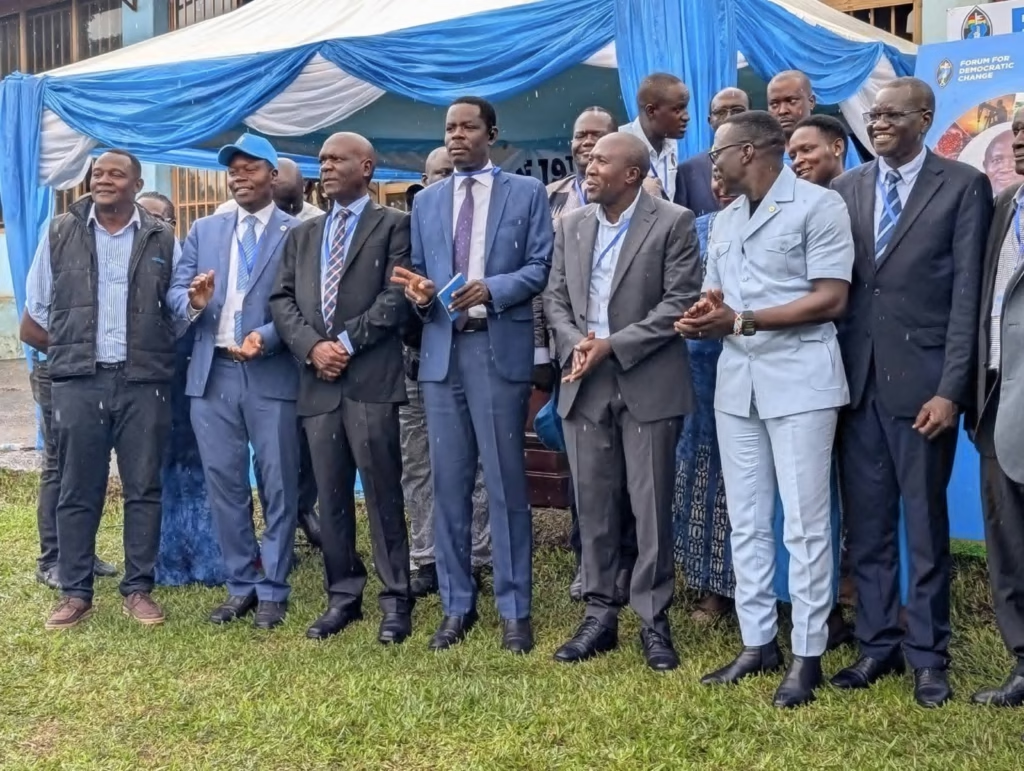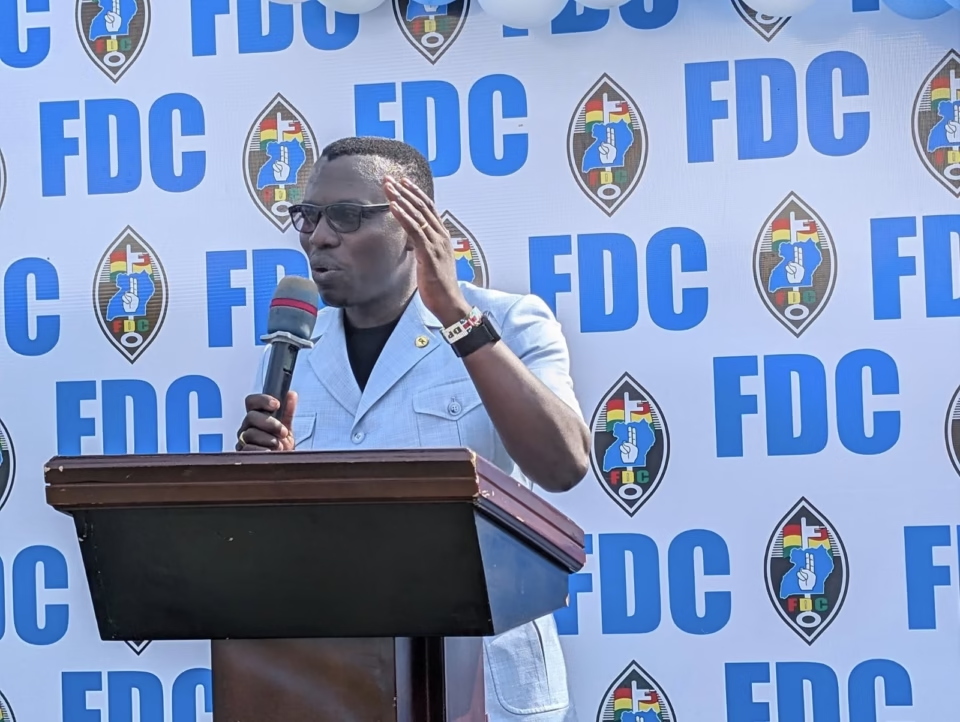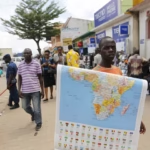On a breezy Kampala morning, the air around the event hall buzzed with anticipation—not just for a typical political gathering, but for something more meaningful. The Forum for Democratic Change (FDC) was launching its new manifesto, and what unfolded was a rare display of unity, dialogue, and shared hope among Uganda’s political opposition.
The room filled steadily with supporters, party members, and notable leaders from across the political divide. Notably present was Hon. Fred Ebil, Secretary General of the Uganda People’s Congress (UPC)—his warm demeanor and calm presence reflecting years of political experience and a deep commitment to democratic engagement.
Joining him was Hon. Gerald Blacks Siranda, the Democratic Party’s (DP) Secretary General, whose speech later in the day would draw nods of agreement and a few knowing smiles. A firm believer in peaceful political discourse, Siranda’s presence symbolized a powerful message: Uganda’s opposition parties are ready to listen to one another and work together where it matters most.
From JEEMA, Mr. Kassajja Fred, the Deputy Secretary General, arrived with quiet confidence and a clear intention—to show solidarity and to remind attendees that no party holds a monopoly on good ideas. His presence reaffirmed that the future of Uganda is a shared responsibility.

And standing calmly among the crowd was Mr. Sserwambala Lawrence, Executive Director of the Inter-Party Organisation for Dialogue (IPOD). For Sserwambala, the event was not just another political function—it was a success story for the work IPOD has long championed: building bridges in a political landscape too often marked by tension and division.
As the event got underway, the FDC leadership took the stage with purpose, unveiling a manifesto rooted in people’s daily struggles—access to jobs, quality education, reliable healthcare, and a responsive government. But what made the day special wasn’t just the policy proposals. It was the spirit in the room.
There were no jeers. No grandstanding. Just applause, thoughtful conversation, and shared optimism.
In a moment that captured the tone of the entire event, one of the speakers remarked:
“We may belong to different parties, but our hearts beat for the same Uganda.”
That sentiment hung in the air long after the speeches ended.
As guests mingled afterward, old friends from different parties exchanged handshakes and jokes, and new connections were made over cups of tea. It was a reminder that beyond the party colors, most of Uganda’s leaders share similar dreams—for a peaceful country, for opportunity, and for dignity for every citizen.
This manifesto launch may go down as one of many in Uganda’s political calendar—but to those in the room, it felt like more. It felt like a quiet turning point. A moment where dialogue won the day, where unity was visible, and where ideas—not egos—took center stage.
And for many watching, that’s the kind of politics Uganda needs.



